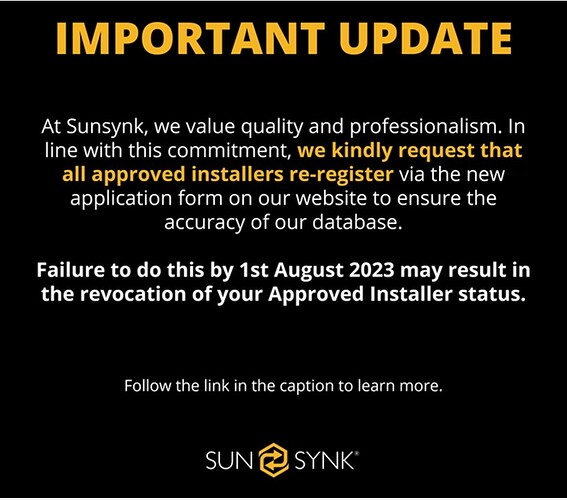Had a solar geyser installed with a 10-year warranty. Reputable Co, brand name, still in business, as is the installer.
After 9.5 years I had to submit a warranty claim, the installer says:
To claim on that warranty (from 9.,5 years ago) and you don’t have a, b, c, d … z in place, the only way is to go to court, with the rest of the claimants. They changed the T&Cs in the last 10 years.
The new T&Cs that drive the warranties were not in place when I bought it, I “lost”.
Since I first saw the 10-year warranties all over, I wondered: Ok, so how will that work? How can you offer a 10-year warranty on a new product that is not even 10 years old?
What makes it worse, Co’s offering 10-year warranties, some have not even been in business for 10 years.
That is not to even contemplate, the person who installed the system, they are a “brand spanking new” company. How do you prove after the event that they were on spec?
It is a mean feat to be in business for 10 years.
And the 2nd hand market … you buy that system from the original owner … what warranty?
My point … 10-year warranties, … the proof is in the eating of the pudding. Caveat Emptor … the Romans’ really understood it.
Romans.
Just extended my 4yo inverters warranty by 5 years (so 10 years), I trust that 100%.
Can buy 2nd hand Victron equipment that is still under warranty, and the warranty follows the item. No rules in place, just common sense…
They have been in business for more than 10 years, the warranty lies with Victron, not the installer/supplier to boot. Whole new kettle of fish that.

